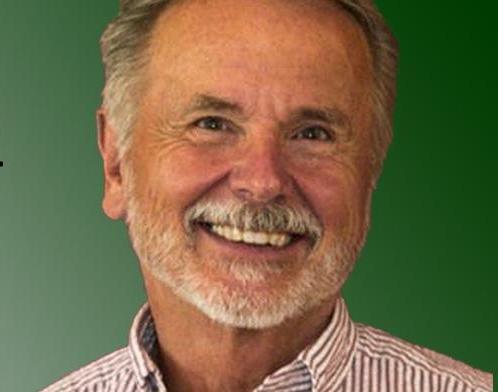Editorial By Robert Pawlicki – Savannah Morning News Apr 30, 2020
In all the gloom of COVID-19, it’s time to look for acts of kindness. These acts are there, right in front of us.
Social distancing is an act of kindness. Sure you do it for yourself and those you love. But also for others, an act of kindness. Examples abound: Neighbors and friends who offer to pick things up at the store. Americans checking in on each other and especially elderly people. The extraordinary courage and kindness of health care workers who show up every day knowing that their jobs put them at risk. A risk not only for themselves but for those whom they love. That, indeed, is kindness.
What is it about humans that causes us to reach out when a disaster hits? Tornadoes, hurricanes, fires, floods. Tragedies bring us together. Our human make-up includes caring, empathy and, for most, a wish to reach out.
Kindness, like gratitude and perspective, is a major pillar of well-being. It is as important as movement is to our health. We need it. When we don’t receive it, we starve. It means so much more when we appreciate and savor it, like a delicious meal. When absent, we become open to demons, loneliness and harmful self-talk.
We are social animals. Social means more than just standing next to each other. Touch, warmth, and giving are essential to our interaction. We feel alive when we receive these elements of kindness. We feel rewarded when we give it to others.
When psychologists search for measures of well-being, one of the universal indications of happiness is volunteering. It is rare to find a volunteer who doesn’t profess, “I get so much more than I give.” Volunteering is an institutional form of kindness.
The coronavirus has caused us all to turn inward, examining our values, our actions, and our future. We have become hypersensitive to our everyday behaviors as we navigate this fearful time. We make choices carefully to keep ourselves and our loved ones safe. In this setting, one of the most simple but powerful practices that we can take is to ramp up simple acts of kindness. It’s a gift when we teach our children to focus on kindness to others rather than their own fears.
In the classes on happiness and well-being I’ve taught, I gave weekly homework. “Give and record five new acts of kindness every day for one week,” was one of the most surprising assignments for the students. Some believed the exercise to be silly and unnecessary. Virtually everyone believes they are kind and already do kind things daily.
The assignment required individuals to raise their alertness and creativity. The word “new,” meaning beyond your normal behavior, is critical. We all become accustomed to our daily patterns and make assumptions about our behaviors that are not always accurate. While it may be true that most of us are kind, we may overestimate how often we are kind.
What happens when students work on this assignment is that no matter what their current state of happiness, they get a bump. An increase in their awareness of acts of happiness and an enjoyment in the experience. Additionally, and very importantly, they feel better about themselves. They may not put it this way, but are, in a small way, gaining a sense of empowerment.
On the other end of giving are those who receive kindness. They usually feel a sense of appreciation, gratitude and connection. They are being fed as social animals the very food we all crave, kindness.
In this unusual time, being kind should be near the top of our list of things to do. And, in our situation of social distancing, we should begin at home, where the stress of confinement may be taking a toll. Those who are alone can reach out to others and likely be welcomed, benefiting both others and themselves. Five new acts of kindness beyond your normal level every day for one week is an interesting place to start.
Robert Pawlicki is a semi-retired psychologist who lives in Savannah.





